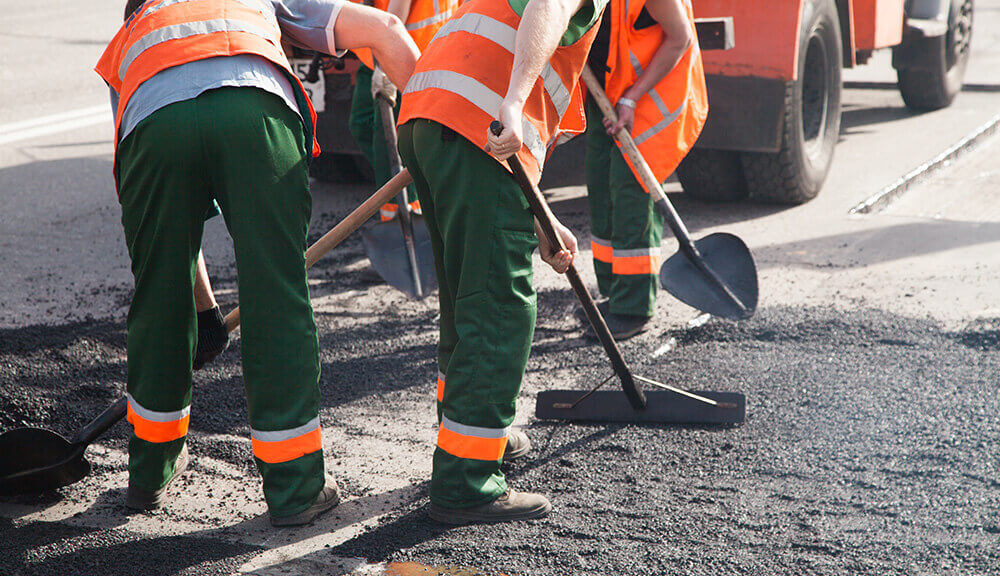The Governor of the Province of Buenos Aires approved the “Procedure for the Renegotiation and Termination of Public Works Contracts,” which is included in Annex VI of Decree 304/2020.
On June 26, 2020, Decree 515/2020 was published in the Official Gazette of the Province of Buenos Aires, approving the procedure for the renegotiation and/or termination of public works contracts that are binding on the provincial State and were concluded prior to the date of entry into force of Law No. 15,165, which in turn will be subject to the provisions of articles 4 to 6 and articles 7 and 8 of Law No. 14,812.
The standard focuses mainly on the renegotiation procedure, addressing various aspects such as: (i) Minutes of commencement of renegotiation, (ii) content of the proposals and (iii) the renegotiation agreement.
The procedure, whether initiated ex officio or at the request of the co-contracting party, will begin with the signing of a Memorandum of Understanding between the parties, in which the co-contracting party must state that they voluntarily submit to the procedure. However, nothing prevents the possibility of revoking the contract for expediency, merit, or convenience, as established in Article 6 of Law No. 15,165.
To begin renegotiation, the regulation stipulates that the updated value of the contract must be used as a reference, following the guidelines of Decree No. 367/17.
Regarding the second point, the co-contractor is required to submit a series of requirements in the request that justify its request and provide information on the status of the work. The Contracting Authority’s proposals may include modifications to the deadline, work plan, an increase or decrease in the total contract amount, as well as the possibility of re-contracting the work to the same client when the updated official budget for the work to be executed exceeds the value of the updated contract by 10%.
Regarding the last point, it is expected that if an agreement is reached, a Renegotiation Agreement will be signed, which must necessarily contain the express waiver by the co-contractor of any right to claim unproductive and general expenses, compensation or uncertified credits, or any other compensation or indemnity arising from the reduction in the pace of work or its total or partial stoppage.
Only if an agreement is not reached may the contracting party claim compensation for consequential damages, which shall be in accordance with Article 6 of Law No. 15,165.
Subsequently, the sponsoring jurisdiction must prepare a report on the agreement, which will be sent to the advisory and oversight bodies for evaluation. If the evaluation is favorable, the highest authority will sign the agreement and approve it through an administrative act.
Finally, the regulation stipulates that the Contracting Authority must report quarterly on the status of renegotiations to the Enforcement Authority, which, in matters of renegotiation and termination of public works contracts, will be the Ministry of Infrastructure and Public Services.
In conclusion, we understand that this rule is of utmost importance since the State must use all means at its disposal to ensure the continuity of current contracts, in the interest of achieving the common good and the general interest embedded in them.


